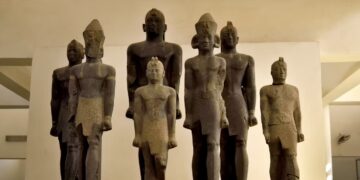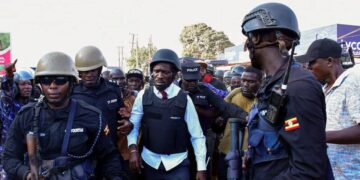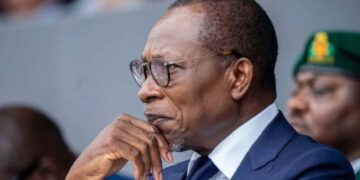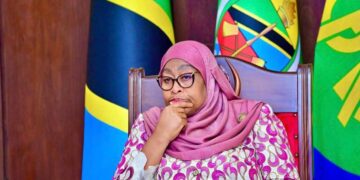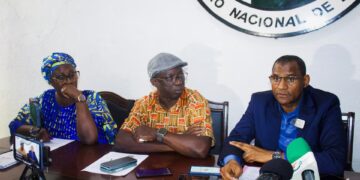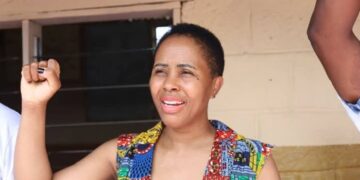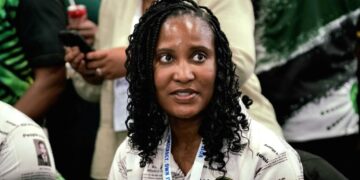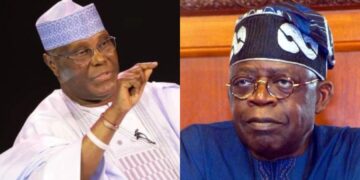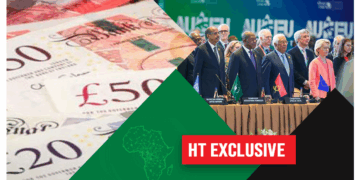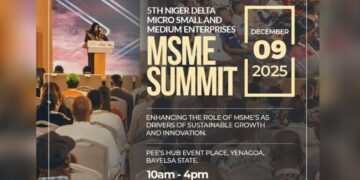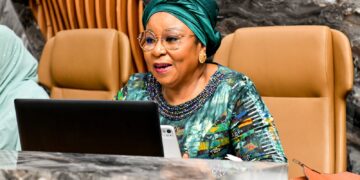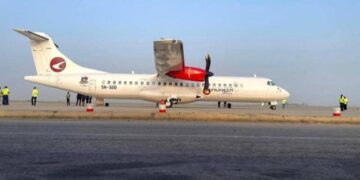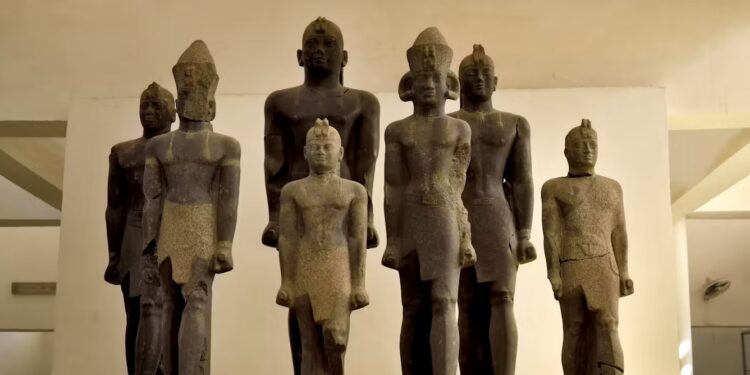By Ebi Kesiena
Archaeologists and heritage experts have urged governments across West Africa to take stronger action in protecting and managing archaeological sites and cultural heritage within their countries.
Their appeal came as part of the resolutions reached at the 19th Biennial Colloquium of the West African Archaeological Association, which took place at the University of Ibadan from 12 to 15 October 2025.
Throughout the four-day conference, speakers emphasised the need for fresh policies, decolonisation of archaeological research, and the use of modern scientific tools to enhance heritage management across the region.
Delivering a keynote address titled “Whose Past, Whose Future? Decolonising Global Archaeology from West Africa,” the President of the International Council of Monuments and Sites, Dr Oluwatoyin Sogbesan, encouraged African scholars to reclaim control of their own historical narratives. She insisted that “the African story is better told by Africans,” and called for a review of archaeological findings that were shaped by external perspectives.
Another keynote speaker, Professor Thilo Rehren, A. G. Leventis Professor of Archaeological Science at the Cyprus Institute, Nicosia, stressed the importance of integrating scientific approaches into archaeological studies across the region.
Rehren, who has worked closely with Nigerian researchers for nearly two decades, urged scholars to adopt modern analytical methods to develop stronger interpretations of archaeological evidence, moving beyond what he described as “simplistic narratives that undermine indigenous knowledge systems.”
Professor Didier N’Dah, Director of the Department of History and Archaeology at the University of Abomey-Calavi in Benin Republic, also called for urgent measures to protect heritage sites, especially during periods of conflict and political instability.
He warned that the region’s contribution to global archaeology could remain marginalised if efforts were not made to prevent the destruction of important sites.
The colloquium featured several academic papers and discussions, including “Positioning Nigeria in Global Archaeology: Exploring Prospects and Challenges through the Lens of Material Science” by Amos Matoh of the University of Jos; “Imagining Heritage in the Digital Age in West Africa” by Daniel Kumah and Kodzo Gavua of the University of Ghana; and “Sustainable Approach to Digital Heritage Management: Lessons for West African Archaeology” by Akintayo Akinbowale of the University of York, UK.
Delegates were also treated to a performance of “The Engagement,” a play by Professor Femi Osofisan, staged at the Wole Soyinka Theatre, University of Ibadan.
The event concluded with a visit to the Archaeology and Ethnography Museum of the University’s Department of Archaeology and Anthropology, where participants viewed exhibitions showcasing Nigeria’s diverse cultural history.
The conference drew participants from across West Africa, including Senegal, Côte d’Ivoire, Benin Republic, Burkina Faso, Niger, Ghana, and Nigeria, alongside scholars from South Africa and Europe.
